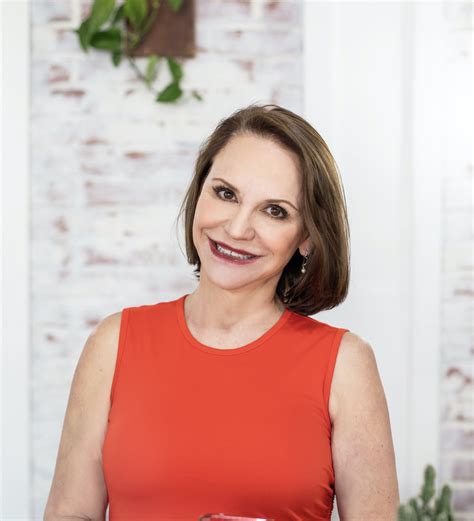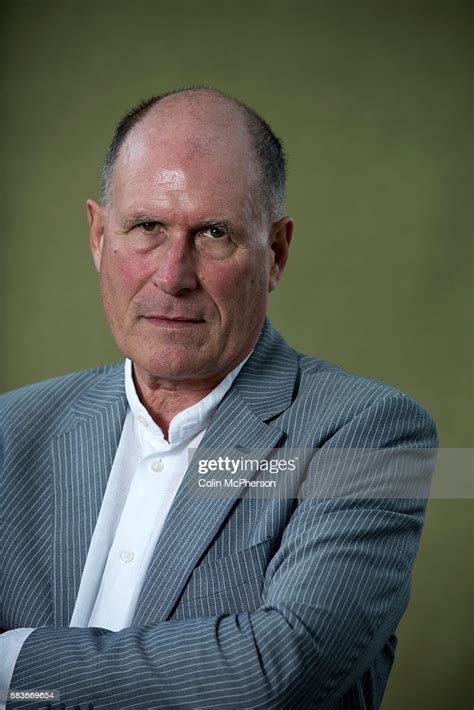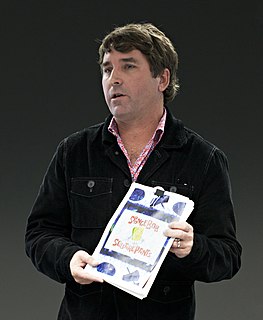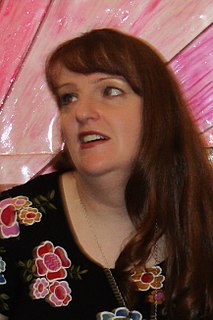A Quote by Thomas McGuane
I really do love 'Panama.' But I'd also have to admit that right now, if I were driven to write another novel like that, I wouldn't even try to find a publisher for it. It simply wouldn't be published. I'd be writing it to put in my closet upstairs.
Related Quotes
One of the things that's good for me is that I can go from one art form to another. Because I think if I had to write another novel now I would really not be good in my head anymore. It's too much. The frustration is so intense of knowing that this structure is right around the corner. Writing is a particular kind of frustration.
Objectifying your own novel while writing it never really helps. Instead, I guess while you're writing you need to think: This is the novel I want to write. And when you're done you need to think: This is what the novel I wanted to write feels like and reads like and looks like. Other people might call it sweeping or small, but it's the book you chose.
Madly, futilely, I wrote novel after novel, eight in all, that failed to find a publisher. I persisted because for me the novel was the supreme literary form - not just one among many, not a relic of the past, but the way we communicate to one another the subtlest truths about this business of living.
Madly, futilely, I wrote novel after novel, eight in all, that failed to find a publisher. I persisted because for me the novel was the supreme literary form: not just one among many, not a relic of the past, but the way we communicate to one another the subtlest truths about this business of living.
I think from a major-label perspective, if you were on the flip side of things and that's the world you were used to working in, your interpretation could be, "Oh, they're having trouble writing songs," when really it's like, "No, I'm not ready to write songs, I don't want to write a song right now, if I did write a song, it would be forced."
I always was interested in prose. As a teenager, I published short stories. And I always wanted to write the long short story, I wanted to write a novel. Now that I have attained, shall I say, a respectable age, and have had experiences, I feel much more interested in prose, in the novel. I feel that in a novel, for example, you can get in toothbrushes and all the paraphernalia that one finds in dally life, and I find this more difficult in poetry.
Write what you care about and understand. Writers should never try to outguess the marketplace in search of a salable idea; the simple truth is that all good books will eventually find a publisher if the writer tries hard enough, and a central secret to writing a good book is to write on that people like you will enjoy.
In the case of my second film The Fish Child (El Niño Pez), I had written the novel about 5 years before I made into a film. In the case of The German Doctor I had published the novel a year before I started writing the script, I even had another project to shoot. But I had this idea of the powerful cinematic language from the novel that I couldn't let go of.


































